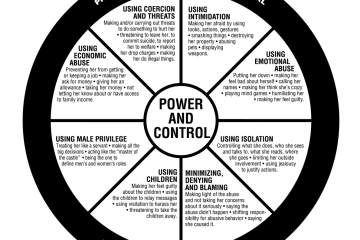Exploring the Modern Understanding of Madness

The Importance of Understanding Madness
The concept of madness, often associated with mental health challenges, has profound implications not only for individuals but also for societies. With one in four adults experiencing mental health issues in their lifetime, understanding madness has become increasingly relevant. This article explores recent developments, public perceptions, and the implications of madness in today’s society.
Historical Perspectives on Madness
Historically, madness has been viewed with stigma and misunderstanding. The term has roots in various cultures, with interpretations ranging from the supernatural to purely biological. In the Middle Ages, for instance, those deemed mad were often ostracised and sometimes incarcerated. The Enlightenment brought about a shift, as philosophers began to advocate for more humane treatment of the mentally ill. Yet, even in modern society, this history continues to cast a long shadow over the treatment and understanding of madness.
Current Events and Attitudes
In recent years, the conversation around madness has evolved significantly. The COVID-19 pandemic has exacerbated mental health challenges, with many experiencing heightened anxiety and depression. Campaigns across the UK, like Mental Health Awareness Week, have sought to destigmatise mental health issues and encourage open discussion about madness. Recent initiatives from the National Health Service (NHS) focus on integrating mental health into primary care, highlighting that madness is not merely an isolated phenomenon but a part of overall health.
Significance and Future Directions
Understanding madness has implications for policy and healthcare. As society becomes more inclusive, there is a growing emphasis on collaborative approaches to treating those experiencing madness, involving community support and innovative therapies. Importantly, advocates are pushing for legislative changes to protect the rights of those labelled as mad, ensuring they have access to necessary resources and support. As we progress, the understanding of madness may shift even further thanks to advancements in neuroscience and psychology, potentially reshaping societal attitudes.
Conclusion
In conclusion, madness is a multifaceted concept that continues to evolve within the context of modern society. By fostering open dialogue, reevaluating historical biases, and prioritising mental health, we can move towards a more informed understanding of madness. This not only benefits those experiencing mental health challenges but ultimately enriches society as a whole.









